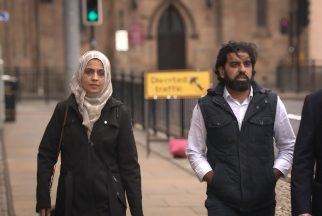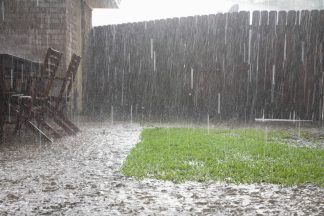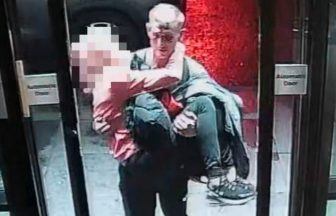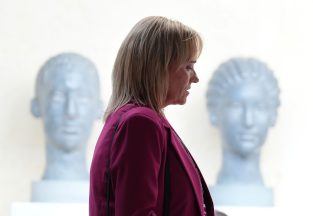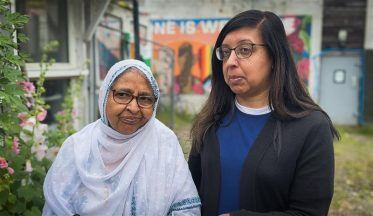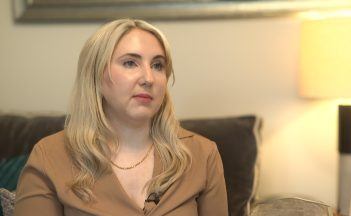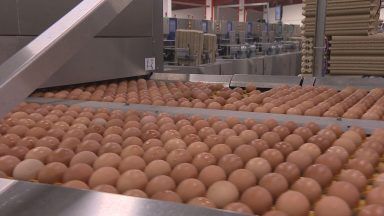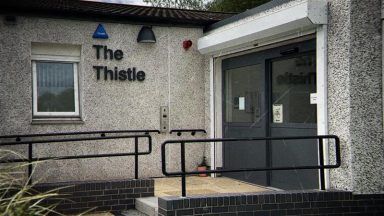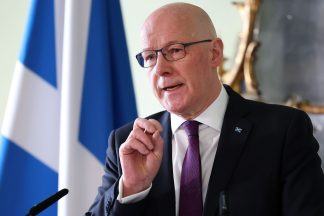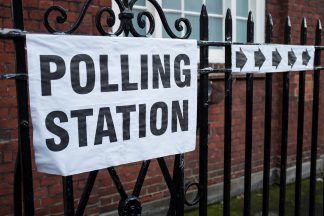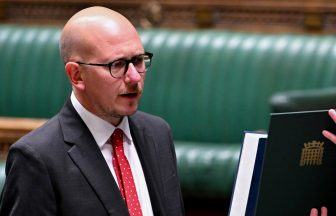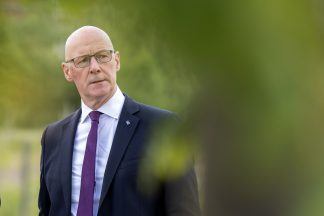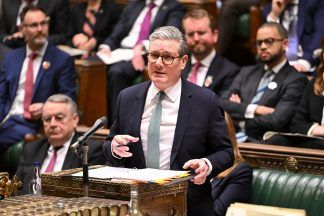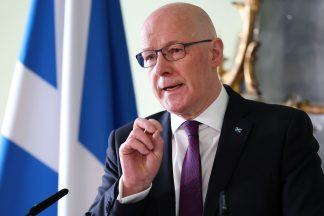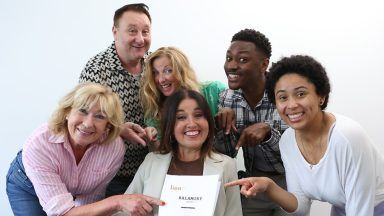The Prime Minister has formally refused the First Minister’s request for powers to hold a second independence referendum.
In a letter, Boris Johnson told Nicola Sturgeon the 2014 independence vote was “once-in-a-generation” and said a new referendum would “continue the political stagnation that Scotland has seen for the last decade”.
He said he had “carefully considered” the case she had made for referendum powers to be transferred to Holyrood under Section 30 of the Scotland Act.
But the PM said both Sturgeon and her predecessor Alex Salmond had made a “personal promise” that the referendum in 2014 was a “once in generation” event.
The First Minister said Johnson’s letter showed he was “terrified of Scotland’s right to choose” and insisted the PM’s refusal “will not stand”.
Johnson said: “The UK Government will continue to uphold the democratic decision of the Scottish people and the promise that you made to them.
“For that reason I cannot agree to any request for a transfer of power that would lead to further independence referendums.”
He added: “Another independence referendum would continue the political stagnation that Scotland has seen for the last decade, with Scottish schools, hospitals and jobs again left behind because of a campaign to separate the UK.
“It is time that we all worked to bring the whole of the United Kingdom together and unleash the potential of this great country.”
Responding to the letter, Sturgeon tweeted: “It will not stand.”
In a further statement, the First Minister said: “The Tories are terrified of Scotland having the right to choose our own future.
“They know that given the choice the overwhelming likelihood is that people will choose the positive option of independence.
“The Tories – and their allies in the leaderships of Labour and the Lib Dems – lack any positive case for the Union, so all they can do is try to block democracy.
“It shows utter contempt for the votes, views and interests of the people of Scotland and it is a strategy that is doomed to failure.”
She continued: “It is not politically sustainable for any Westminster government to stand in the way of the right of the people of Scotland to decide their own future and to seek to block the clear democratic mandate for an independence referendum.
“The problem for the UK government is that the longer they try to block a referendum, the more they demonstrate that the Westminster union is not a partnership of equals and the more support for independence will grow.
“It will also mean for the Tories that the loss of half of their seats suffered at the recent general election – fought by them on the sole issue of opposition to an independence referendum – will be only the start of their road back to political oblivion in Scotland.
“In short, as well as being unsustainable, the position set out today by the UK government is also an entirely self-defeating one.”
The FM continued: “One thing, though, is clear – the people of Scotland will get the right to decide our own future in an independence referendum.
“The Westminster union cannot be sustained without consent. Democracy will prevail.
“The only question is how long it will take the Tories and the rest of the Westminster establishment to accept that inevitability.”
She added that the Scottish Government will “set out our response and next steps later this month” and ask MSPs “again” to endorse the principle of holding a second referendum.
The First Minister formally wrote to request Section 30 powers in December, in the wake of the general election result which saw the Conservatives win a Commons majority but also gave the SNP 80% of Scotland’s seats.
She has said she wants to hold a new independence plebiscite in the latter half of 2020, while the UK is still expected to be in a standstill transition arrangement with the EU.
In 2016, the SNP won the Holyrood election and became a minority government on the vow to hold a fresh independence vote if there was a “material change of circumstances” such as Brexit taking place against the wishes of Scottish voters.
The party says it therefore has a mandate for an independence referendum which it claims has been reinforced by a vote in the Scottish Parliament and by SNP victories in Scotland in the last two general elections and last year’s European election.
Senior figures in Scottish Labour, which lost of six of its seven seats in the general election, have openly discussed backing a second independence vote in the wake of the result on December 12.
Commenting on Johnson’s letter, party leader Richard Leonard said: “I have long argued that the future of Scotland will be won and lost in Scotland, and not on the banks of the river Thames.
“Boris Johnson’s decision to block a second independence referendum in perpetuity does not change this and it is spectacular naively to think this will close the issue down.
“It will only inflame the debate, as Boris Johnson’s history of demagoguery and division shows he is well practiced in doing.”
He added: “The people of Scotland rejected independence in 2014, but Scotland remains divided.
“I believe that home rule within the UK is the only viable option that stands a chance of healing the divisions in our society.”
Analysis by STV’s political editor Colin Mackay

The Prime Minister rejects another independence referendum and the First Minister rejects his rejection.
That pretty much sums up where we are in Scotland’s constitutional debate today: no further forward.
After the general election, a month ago, Nicola Sturgeon wrote to Boris Johnson setting out her case for another independence referendum. It was accompanied by a 38-page document including draft legislation for transferring the powers to hold that vote from Westminster to Holyrood.
A detailed response was promised, although so far it has come in the form of a short letter saying no. The Prime Minister’s letter says Nicola Sturgeon made a “personal promise” that the 2014 Independence Referendum was a “once in a generation” vote.
Nicola Sturgeon did use those very words in her 2013 speech to SNP conference: “We have a once in a generation opportunity to chart a new course for our country.” That was what the Tories said throughout the general election campaign. The regular response from the SNP was that things have changed since the Brexit vote.
Scotland’s constitutional future has long been the defining issue in Scottish politics, that is not going to change anytime soon. It took an election to break the deadlock on Brexit and it might take another election to clear the way on indyref2.
This will be at the heart of the 2021 Scottish Parliament election. The Scottish Tories claimed the union was on the ballot paper in Scotland last month, but it seems it is on the ballot paper at every election in Scotland, next year more than ever.
Follow STV News on WhatsApp
Scan the QR code on your mobile device for all the latest news from around the country


